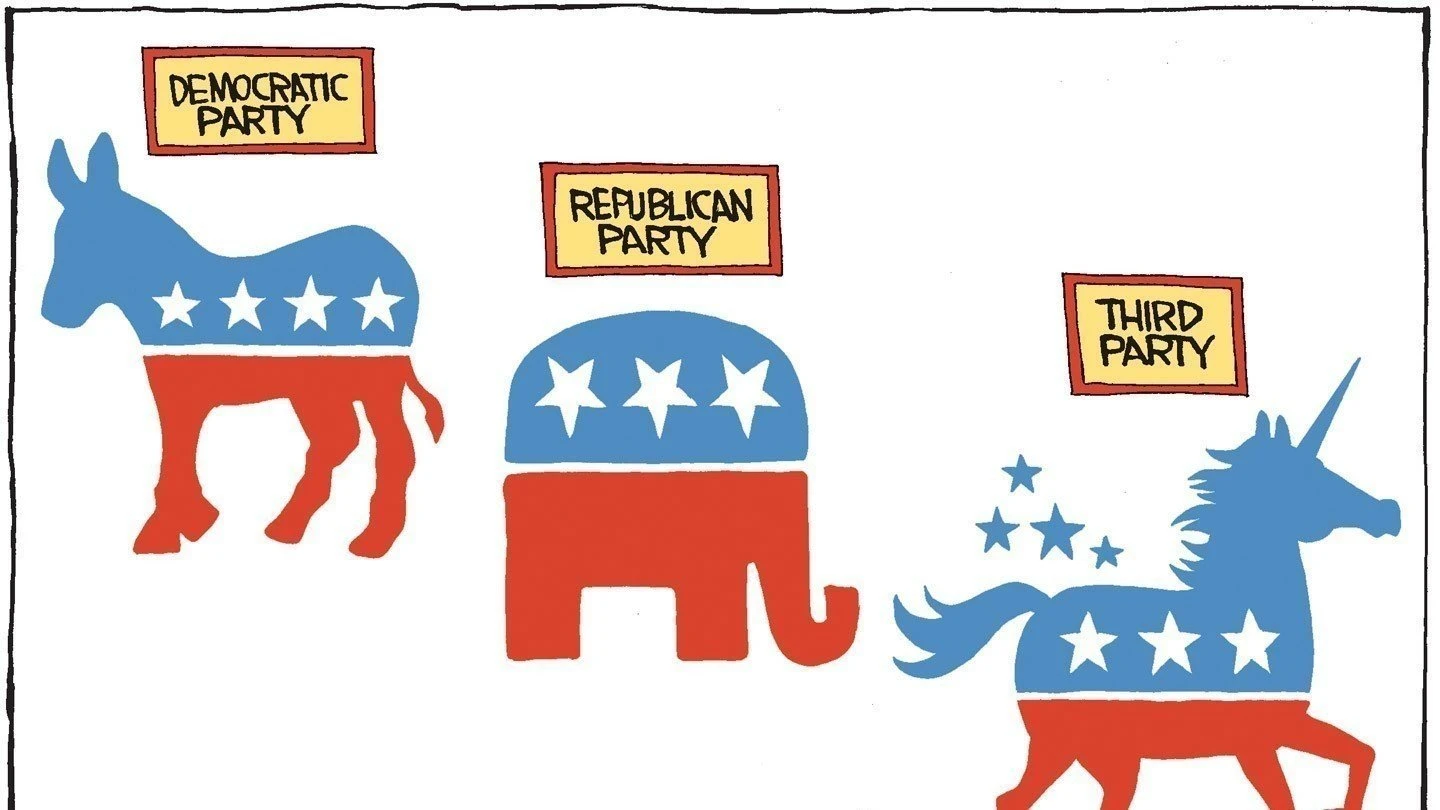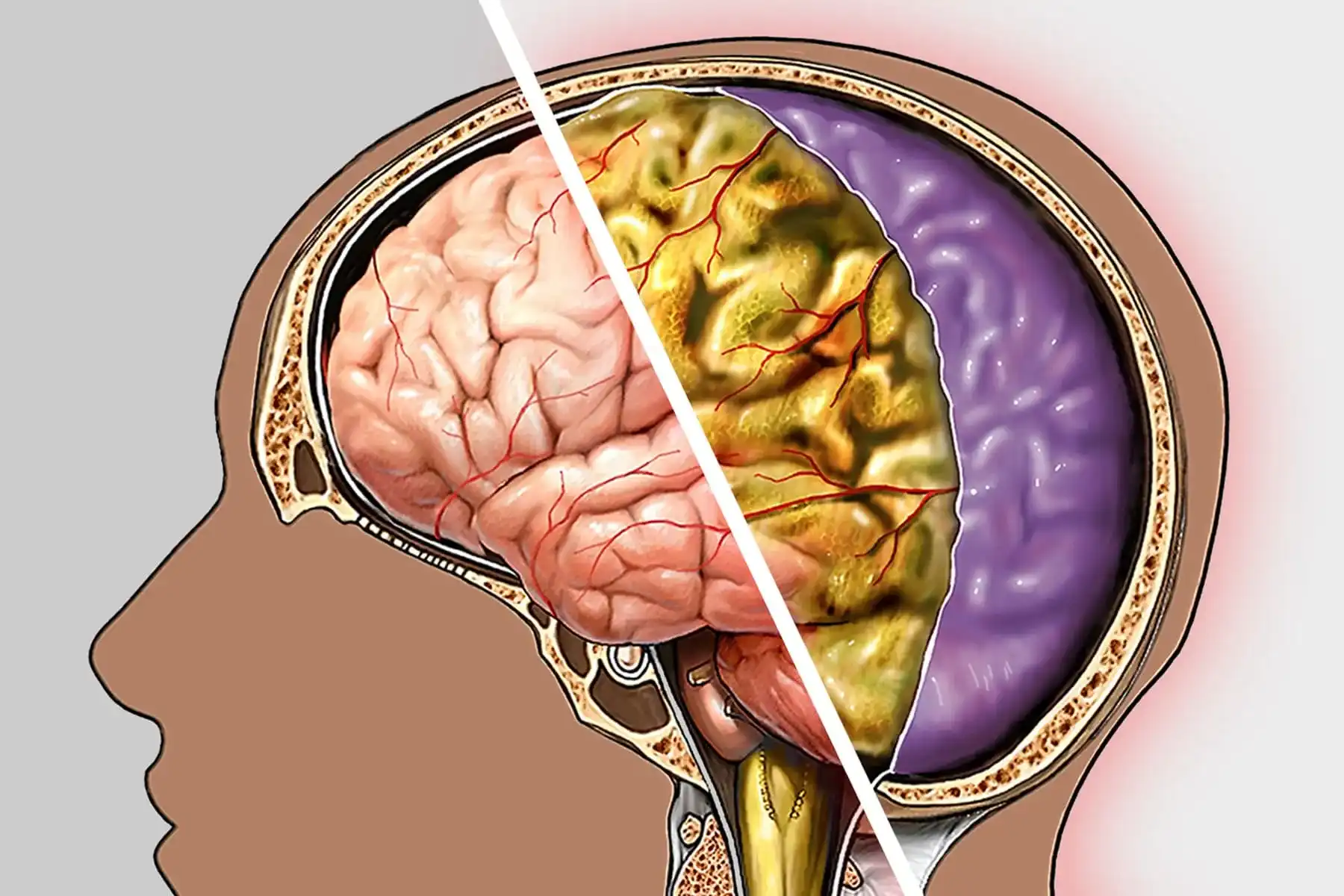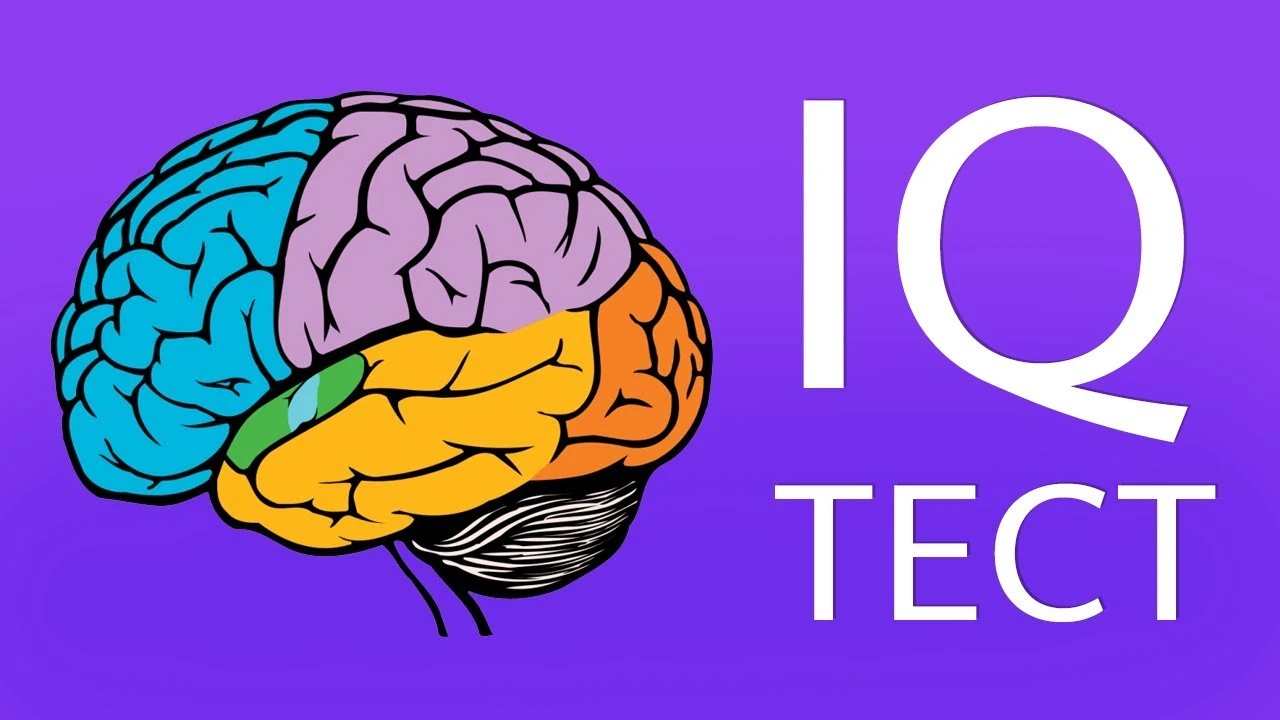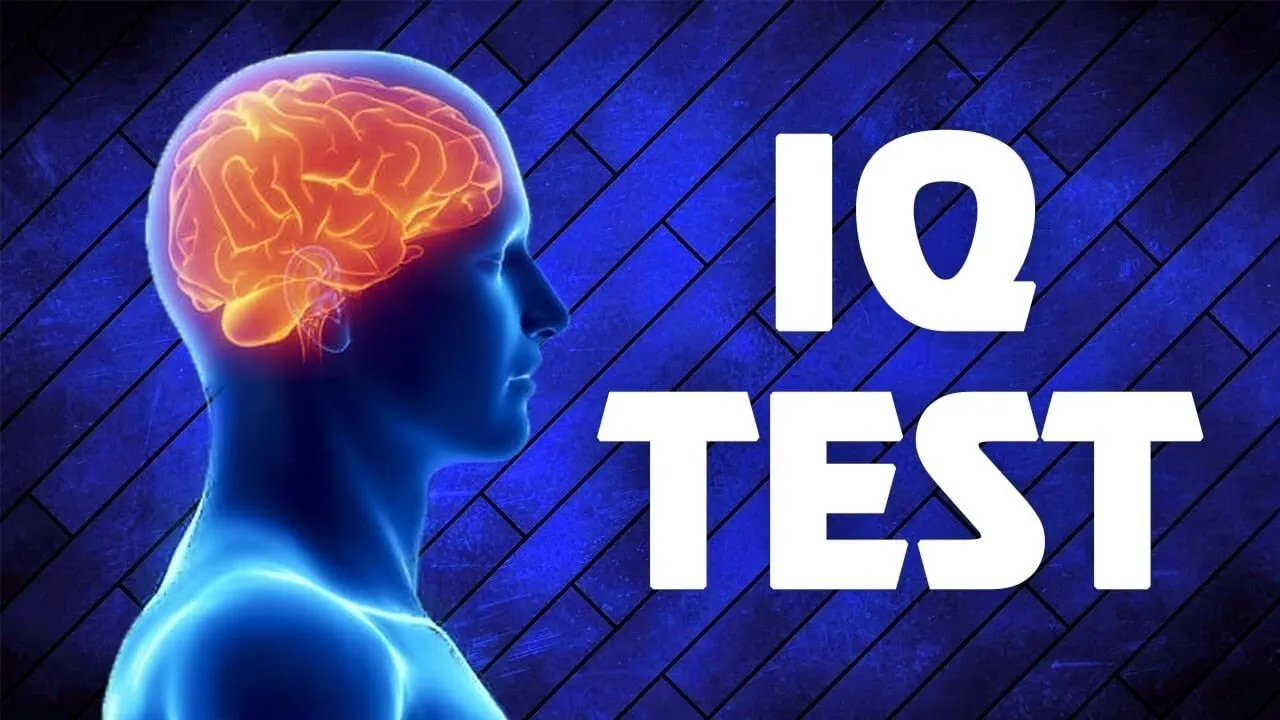
Test your knowledge on the crucial roles and responsibilities of political parties in democracy with our engaging trivia quiz. Discover how well you understand the foundations of political engagement and governance!
Questions and Answers
What's inside the How Well Do You Know Political Parties' Responsibilities? quiz
What is the primary role of a political party in a democracy?
Which of the following is a key responsibility of political parties?
How do political parties contribute to the legislative process?
What role do political parties play during elections?
Political parties often represent which of the following?
Which function is essential for political parties in a democracy?
How do political parties influence public policy?
What is a common activity of political parties beyond elections?
Political parties help in creating political stability by:
Which of the following is NOT a primary responsibility of political parties?
Political parties contribute to political accountability by:
In a two-party system, political parties primarily compete to:
What ensures that political parties remain responsive to public needs?
Political parties enhance democratic participation by:
Which mechanism allows political parties to adapt to societal changes?
Political parties play a role in conflict resolution by:
Quiz description
Understanding the Role of Political Parties in Democracy
Political parties are fundamental to the functioning of democratic systems worldwide. They serve as the primary vehicles for political participation, representation, and governance. By organizing and mobilizing voters, political parties ensure that diverse interests within a society are acknowledged and addressed.
Key Responsibilities of Political Parties
- Representation: Political parties represent the interests and aspirations of various segments of society, ensuring that different voices are heard in the political arena.
- Policy Formulation: They develop policy platforms that outline their stances on key issues, providing voters with clear choices during elections.
- Candidate Nomination: Political parties select and endorse candidates to run for public office, ensuring that there is a pool of qualified individuals to represent the public.
Contribution to the Legislative Process
Once in power, political parties play a crucial role in the legislative process. They propose, debate, and vote on laws, shaping the legal framework within which a society operates. Through this, they influence public policy and governance, aiming to implement their vision for the country's future.
Enhancing Political Stability
By providing structured opposition and support, political parties contribute to political stability. They offer mechanisms for conflict resolution and ensure that changes in government occur through established democratic processes rather than through unrest or upheaval.
Encouraging Civic Engagement
Political parties engage citizens in the political process, encouraging participation through campaigns, debates, and community outreach. This not only increases voter turnout but also fosters a more informed and active electorate.
Adapting to Societal Changes
As societies evolve, political parties must adapt to changing norms, values, and issues. Through internal reforms and policy updates, they remain relevant and responsive to the public's needs, ensuring that democracy remains dynamic and effective.
In summary, political parties are indispensable to the democratic framework, orchestrating the interplay between the government and the governed. Understanding their responsibilities offers valuable insights into the mechanics of political engagement and governance.











